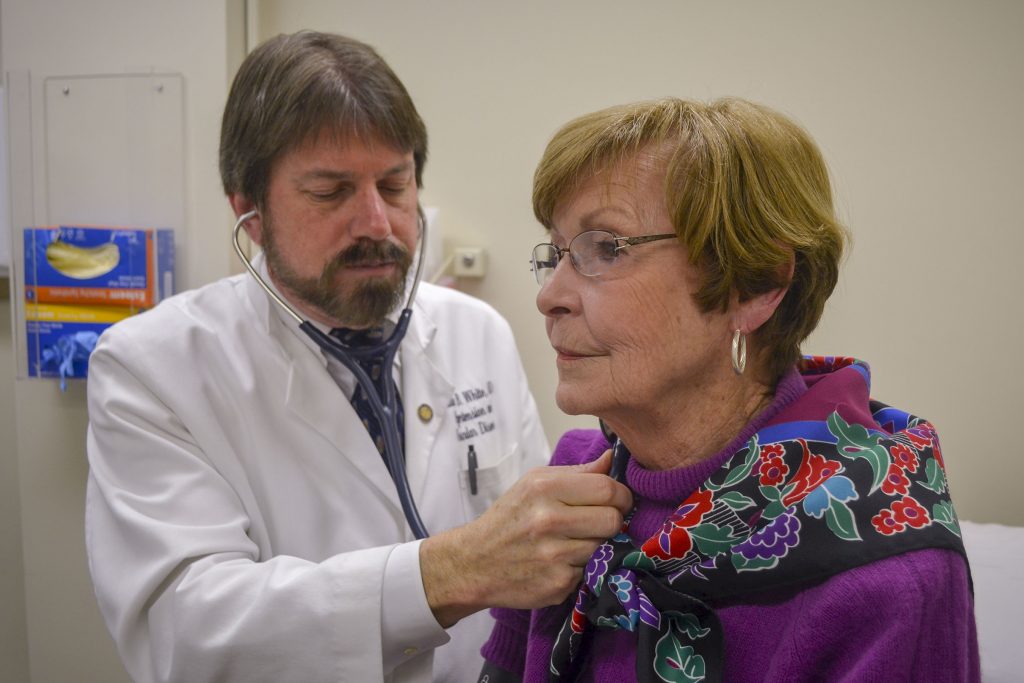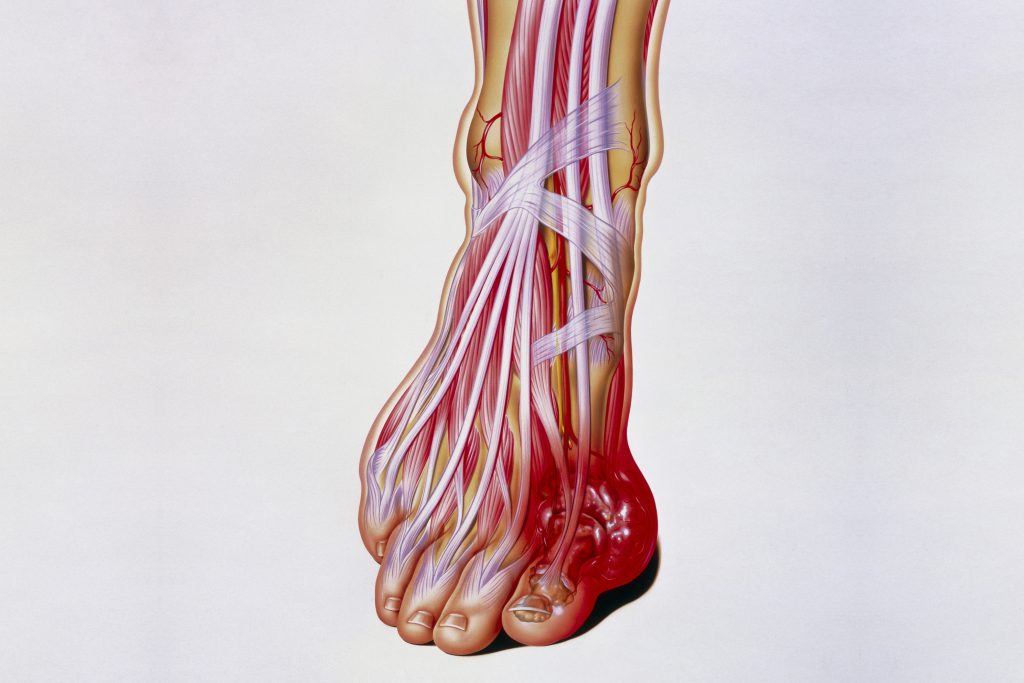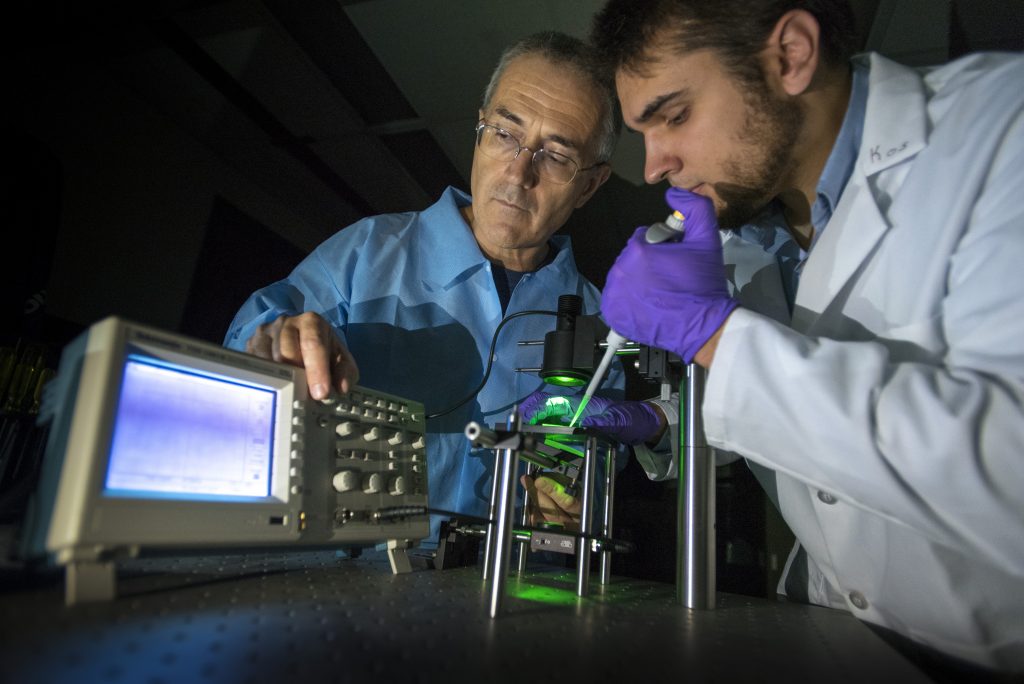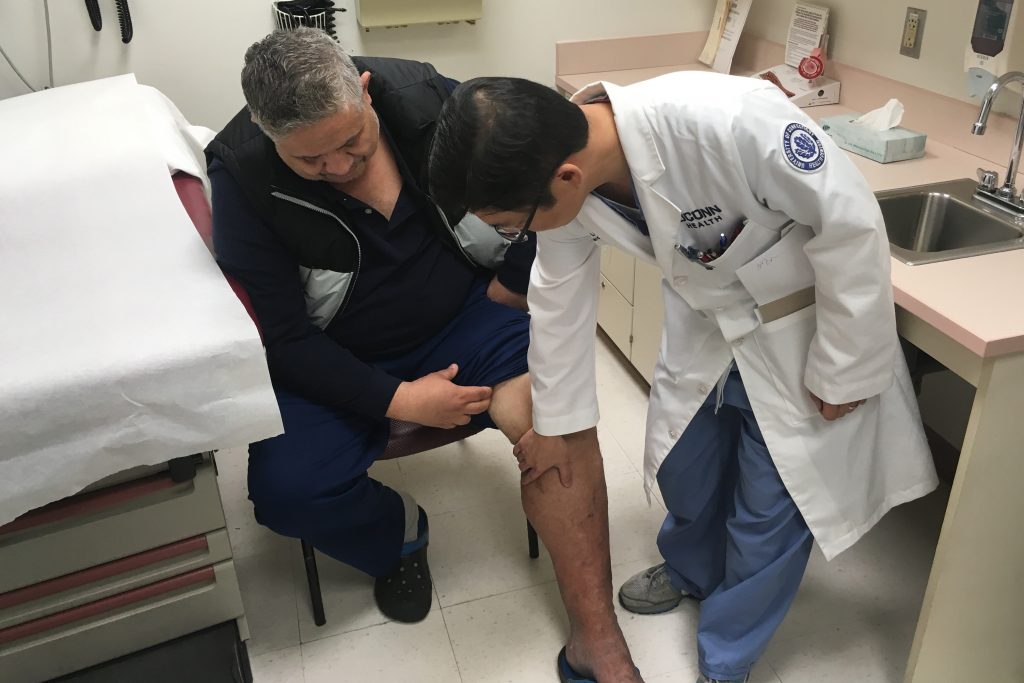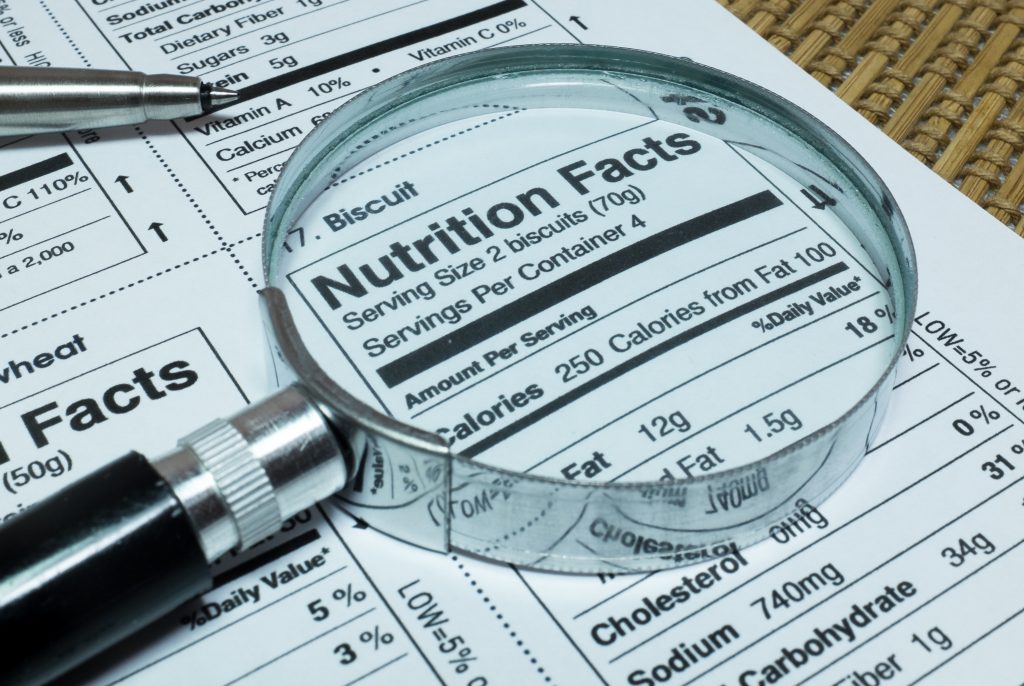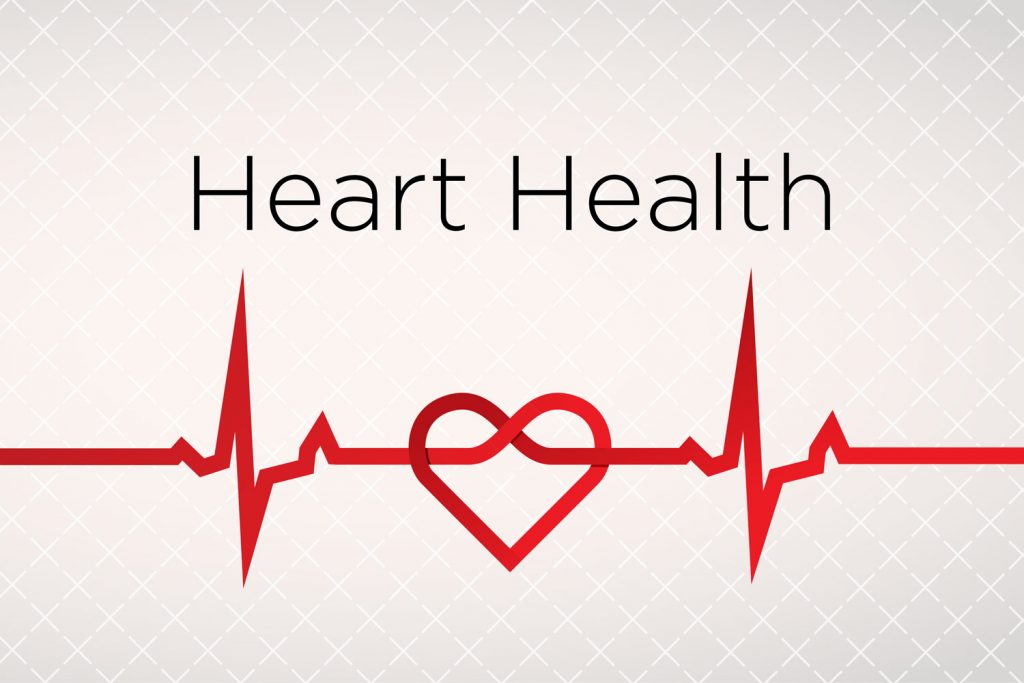Cardiology
S.O.S. to Women: Make Time to Care for Your Heart
February is Heart Month. Dr. Supriya Tigadi of Calhoun Cardiology Center is heightening awareness to all women that cardiovascular disease is their number one cause of death. She is sending the strong message that prevention of heart disease is critical and to start focusing on it at a young age. Read her top 8 women’s heart health tips.
February 1, 2021 | Lauren Woods
Mom-To-Be Extra Thankful After Worry-Free Heart Procedure at UConn Health
Mom-to-be Semeda Amegashie and her family are especially thankful this year, because of a minimally invasive heart procedure she had at UConn Health.
November 24, 2020 | Lauren Woods
Thankful Heart Surgery Patient Knows the Power of a Checkup
This Thanksgiving Jeremy Wiseman shares his powerful personal story about how a simple checkup with his primary care doctor helped saved his life, along with successful heart surgery at UConn Health. As a result, he continues to live life to the fullest with his family, and is able to enjoy his love of exploring the great outdoors.
November 23, 2020 | Lauren Woods
Hypertension Study Offers Promise for Brain Function in Elderly
Because maintaining lower blood pressure reduced the amount of brain lesions, it can be expected that over a longer period this would show benefits in mobility and cognitive function, said Dr. William White of UConn Health.
March 18, 2019 | Combined Reports
Major Cardiovascular Study of Gout Patients Has Unexpected Finding
Findings released today show that the drug febuxostat increased the risk of death for those with heart disease, compared with the alternate drug allopurinol.
March 12, 2018 | Lauren Woods
Bacterial Fats, Not Dietary Ones, May Deserve Blame for Heart Disease
A new study by UConn scientists suggests that the fatty molecules linked to heart disease may come not only from what you eat, but from the bacteria in your mouth. The research may explain why gum disease is associated with heart trouble.
November 13, 2017 | Kim Krieger
New Device for Testing Heart Health
UConn engineering researchers have developed a device to test an important indicator of heart health that is often ignored – blood viscosity.
September 5, 2017 | Jessica McBride, UConn Office of the Vice President for Research
Walking Tall: Patient Finds Relief From Leg Blockages at UConn Health
50 year-old Eliseo Bonilla has experienced symptoms of deep vein thrombosis since he was 16. Thanks to treatment at UConn Health, he is now getting back to walking and exercising.
March 8, 2017 | Lauren Woods
Three Things to Avoid to Keep Heart Disease at Bay
'You can’t go wrong by substituting saturated fats and sugar products with more fruits, vegetables, whole grains, and fewer calories.' – UConn Health cardiologist Dr. Aseem Vashist.
February 27, 2017 | Lauren Woods
Story Series Keeps Finger on Pulse of Heart Health
During Heart Health Month, read about the many ways UConn is making a difference in the lives of people with heart disease and those at risk.
February 1, 2017 | Combined Reports



